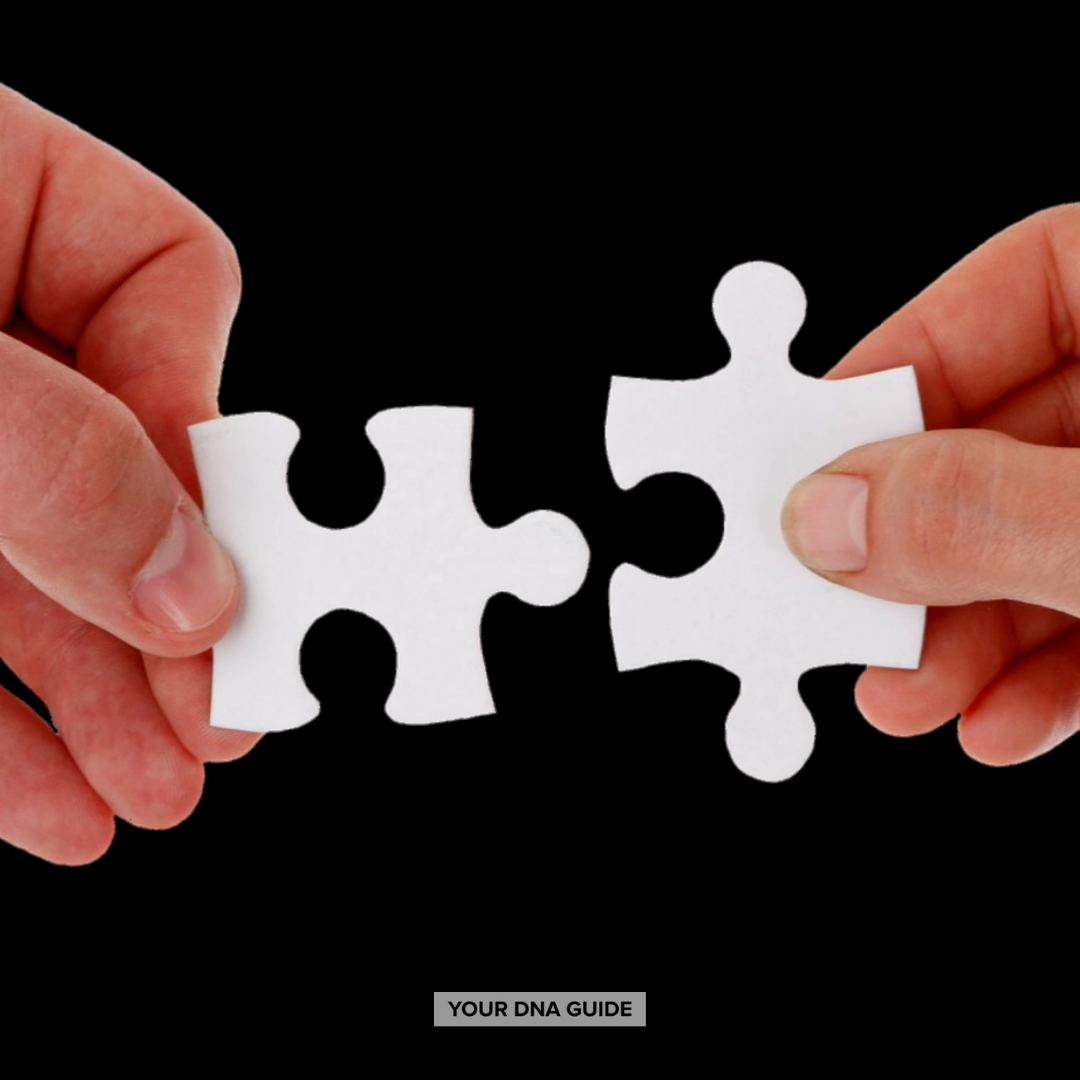Various kinds of DNA projects may tell you about your origins by comparing your DNA to others like you. Consider joining haplogroup, surname, location-based, and autosomal DNA projects to see how they may help you with your genetic genealogy questions.
 Some people are “joiners.” They’re happy to enlist, sign up or participate in all kinds of groups, clubs, causes or movements. Well, there’s another kind of thing to join out there: DNA projects. Even if you’re not the type who happily totes a plate of refreshments to monthly meetings, consider joining a DNA project.
Some people are “joiners.” They’re happy to enlist, sign up or participate in all kinds of groups, clubs, causes or movements. Well, there’s another kind of thing to join out there: DNA projects. Even if you’re not the type who happily totes a plate of refreshments to monthly meetings, consider joining a DNA project.
The major types of DNA projects are organized around location, haplogroup, Y DNA surname, and autosomal DNA. In each case, they might help you connect with kin and learn more about your heritage.
4 Kinds of DNA Projects
1. Location Groups
Location groups gather together individuals with heritage from a particular area. For example, there are DNA projects for families who passed through the Cumberland Gap (both for Y DNA and MtDNA) and are associated with parts of Virginia, Tennessee and Kentucky during the era of European settlement. A kind of location-based subgroup are certain studies of royalty groups from specific regions, such as groups for those who believe they come from Swedish nobility or Russian nobility.
2. Haplogroup Projects
A haplogroup is a deep ancestral group that is reported for both mitochondrial and Y DNA testing. Studies surrounding haplogroups are usually focused less on genealogical efforts and more on identifying deep ancestral origins. And I mean REALLY deep. Your haplogroup tells you where your ancestor was up to 10,000 years ago! It is named with alternating letters and numbers, and most often just identifies a very broad geographic area of origin.
Haplogroup projects are especially helpful for individuals who want to pursue additional Y-DNA testing* to more accurately define their deep ancestral groups. Group administrators are generally very knowledgeable and can provide guidance through the maze of Y DNA testing options.
3. Surname (Y DNA) Projects
Surname projects are just what they sound like: they’re associated with a specific surname and its variants. This concept has existed since long before DNA testing was available, but these traditional projects are called one-name studies. Now many traditional one-name studies have incorporated DNA into their work, and others have since been built around genetic data which may have associated trees.
A perk of Y DNA surname projects is that they can sometimes reveal who you’re NOT related to, even though you may share the same surname. If the DNA tells you there is no connection, this might keep you from unwarranted investigation into otherwise very tempting paper-based connections. In fact, there are times I have had to be quite firm with a client who REALLY wants to find meaning in surname connections (like a Scottish clan) that aren’t genetically solid, and the results they can view overwhelmingly in surname projects can help dissuade them.
YDNA projects also reveal the actual Y DNA values that you share, and don’t share, with those that you are related to. This clue may also lead to further hints about your paternal line connections.
4. Autosomal Groups
A relatively new and still-growing segment of DNA projects are dedicated to autosomal DNA studies. My favorite is a very well-organized project focused on those with ancestry in Iowa (which also qualifies as a location-based project, but we’re talking about it here instead.). This project aims to connect members who may not otherwise find each other. The hope is that cohesive genetic groups and family connections may form and lead to better understanding the genetics of the state’s population.
How to Find and Join a DNA Project
Most DNA projects are hosted at Family Tree DNA. Search for one there! Learn from your DNA, and from others’ DNA—and you’ll never be asked to bring refreshments.
What’s Next: Continue your DNA learning
 If you’re interested in YDNA, take a look at our YDNA FREE Get Started Course. It will teach you the many ways YDNA might help you answer your questions about your family history. The free Get Started Course is an excerpt from our YDNA for Genealogy Course, another great part of Your DNA Guide- the Academy!
If you’re interested in YDNA, take a look at our YDNA FREE Get Started Course. It will teach you the many ways YDNA might help you answer your questions about your family history. The free Get Started Course is an excerpt from our YDNA for Genealogy Course, another great part of Your DNA Guide- the Academy!

